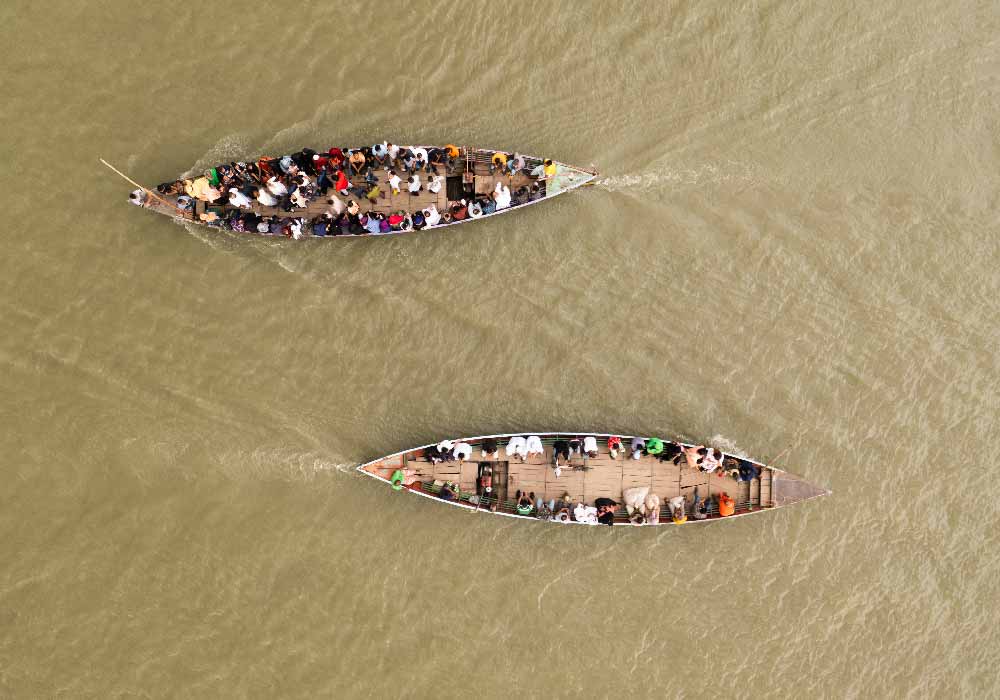1. Calling people missionaries can compromise the safety of global workers in high-risk contexts. To quote someone on MRN’s staff, “If we don’t change our language, we are going to get someone killed.” On a governmental level, being a missionary is a forbidden career in many countries. Even casual use of that language can lead a government to refuse to grant or renew a visa. It can lead to deportation or, in some cases, imprisonment. It can make cross-cultural workers the targets of violence.Cultures around the world have much longer memories than we do in the United States. We are very future-oriented and are too quick to dismiss issues from the past. The sins, wounds, and mistakes of missionaries from previous centuries still touch the present among cultures with longer memories. While bad actors among missionaries were not the norm, and most workers in former years were noble-hearted people who meant well and did much good, the unintended negative consequences of some of their work linger. More significantly, the way that economic and government interests from the 16th century onward were intertwined with missionary activity still looms large in the minds of government leaders around the globe. Workers in these contexts are careful not to use the ‘m’ word (as they sometimes call it). If we want to associate with these workers moving forward, we must be even more careful.
2. The legacy of western imperialism and colonialism has created a negative impression of missions and missionaries in both the non-Christian west and throughout the world (e.g., The Poisonwood Bible). I alluded to this above, but it deserves a category of its own. “Missionaries” are viewed on a range from suspicious to dangerous among non-Christians, and they are not universally seen positively inside church culture, even in countries with religious freedom. If you want to see an example, just start a Google search for “missionaries are …” and see the top responses Google suggests. Likely they will include “… colonizers, … bad, … the worst,” etc. The following quote is variously attributed to leaders from around Africa, including Desmond Tutu. However, it seems to have come originally from the former prime minister and then first Kenyan President and anti-colonial activist Jomo Kenyatta: “When the Missionaries arrived, the Africans had the land, and the missionaries had the Bible. They taught us to pray with our eyes closed. When we opened them, they had the land, and we had the Bible.” The words we use carry meanings we don’t intend. We don’t get to control the understandings and emotions that are attached to the words we employ. Using a word that is associated with centuries of colonialism, imperialism, western superiority, white supremacy, economic exploitation, and all the emotions related to those real aspects of the behavior of western nations and some of their past missions operations creates unnecessary barriers to God’s mission today. Expanding Jesus’ kingdom and serving others in ways that demonstrate his love should never be done in a way that triggers the understandable specter of past abuses.




0 Comments